A slow build-up of pressure is the best way to change FIFA
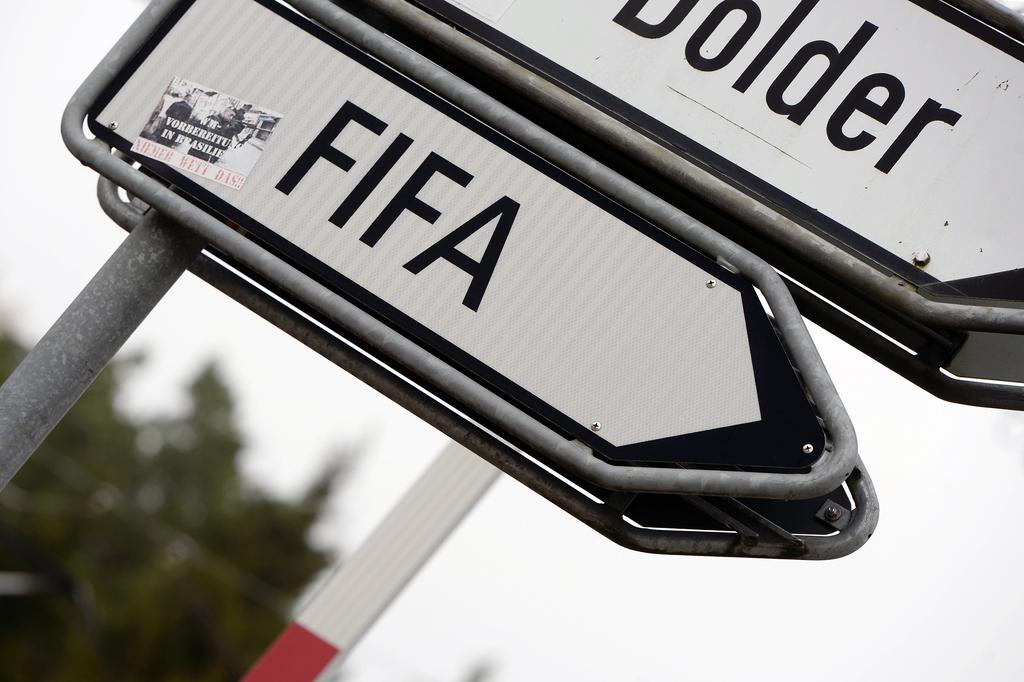
It is a common problem for western countries: how to oust a corrupt regime. Now the west is targeting FIFA, football’s global authority. Many westerners are rummaging through their toolboxes looking for something that can remove Sepp Blatter, FIFA’s president, and the culture he has created over 16 years in office.
Like many corrupt regimes, FIFA was once the west’s creature. Western Europeans founded it in Paris in 1904 and then ran it until 1974, when the Brazilian João Havelange ousted England’s Stanley Rous as president.
But only on December 2 2010 did western countries grasp that they had become second-class citizens of FIFA. That day Russia and Qatar were named hosts of the 2018 and 2022 World Cups. The disappointed bidders included the US, England and Australia. The choice of Qatar particularly irked them. The boiling Gulf state seemed ill suited to host a World Cup. The west cried foul. Of the 24 ageing men who sat on FIFA’s executive committee in 2010 at least a third have since been accused of corruption. Several have been banned from football. Jerôme Valcke, FIFA’s secretary-general, sent a private email – later leaked – which suggested Qatar had “bought” the World Cup. (Later he said he had been misinterpreted.)

More
Financial Times
External linkFIFA appointed the American prosecutor Michael Garcia to investigate the voting. But last week FIFA said his report absolved Qatar and Russia, and would not be published anyway. An irate Mr Garcia disputes FIFA’s summary and has demanded publication; as have others. But nobody is holding their breath waiting for FIFA to turn transparent. The question is what to do now.
Boycott?
A favourite western ploy against troublesome regimes is sanctions. Reinhard Rauball, the German league’s president, says that one option that must be seriously considered “is that UEFA [Europe’s football authority] separates from FIFA”.
A European boycott of FIFA and its World Cup sounds superficially plausible. Western Europe has just 6 per cent of the world’s population, but produced the last three world champions. Moreover, most of FIFA’s sponsors are western companies, and most of its biggest television deals are with western broadcasters. A World Cup without certain western countries would not be the same.
Nonetheless, a western boycott would probably fail. The big problem is that few non-western countries seem bothered by FIFA’s scandals. After all, many of these countries are run rather like FIFA. And who needs the US and England teams?” A boycott would mostly hurt their fans.
Many non-westerners also believe (with some justification) that the moaning about FIFA is sour grapes from losing bidders. Moreover, FIFA does not need much European or US money. This regime sits on an eternally renewable natural resource, the World Cup, which generates ever more income. FIFA has no citizens to please, and can choose how much to pay national associations.
Short of sanctions, the west’s best strategy is probably a slow ratcheting up of pressure. This is starting to happen. FIFA is based in Zurich, partly because Switzerland traditionally leaves international sports bodies alone. However, recent scandals have been “quite embarrassing” to the country, says Jean-Pierre Méan, a Swiss corruption lawyer. Next year Switzerland is expected to pass a law allowing it to prosecute private corruption even when no complaint has been filed. Switzerland might get a little tougher.
So might the European Commission, another western power dismayed by FIFA’s antics, Brussels could start policing sales of TV rights more aggressively.
‘Biological solution’
Even inside FIFA and UEFA, some Europeans are calling for more transparency. Half the executive committee members of 2010 are now gone. The new lot appear less compromised. FIFA’s sponsors would not mind a bit of reform either.
“The most dangerous moment for a bad government is usually when it starts to reform,” said Alexis de Tocqueville. FIFA, in its cack-handed way, has started to reform. It has banned some executive committee members, commissioned Mr Garcia’s report and decided to let the 209 national associations choose the host of the 2026 World Cup. This week FIFA lodged a criminal complaint with the Swiss authorities against several “persons”. Either this is a ploy to make sure Mr Garcia’s report will not be published soon, or FIFA genuinely wants certain individuals prosecuted.
Mr Blatter intends to limit reform. He thinks FIFA is doing pretty marvellously. Indeed, one international football official says Mr Blatter hopes to win the Nobel Peace Prize, for supposedly having united the world through football.
Next year Mr Blatter will probably win his fifth term as FIFA president. But he is already 78. The west might not have to wait for a “biological solution”. As dictators age, they become more vulnerable to rebellion. Underlings start to weigh up the benefits of breaking ranks versus enjoying protection for a few more years. There is no reason to believe this situation is any different.
Whoever succeeds Mr Blatter, certain things will not change. FIFA will not take away Qatar’s tournament, for fear of angering Muslims and other non-westerners, says Jens Sejer Andersen, international director of the Danish sporting organisation Play the Game. “A revote would probably have explosive consequences. That could destroy FIFA.”
In 1959 the US began plotting to unseat the regime of Cuba’s Fidel Castro. The plan has not worked yet. But the Castros, like Mr Blatter, cannot rule forever. Can they?
Copyright The Financial Times Limited 2014

In compliance with the JTI standards
More: SWI swissinfo.ch certified by the Journalism Trust Initiative
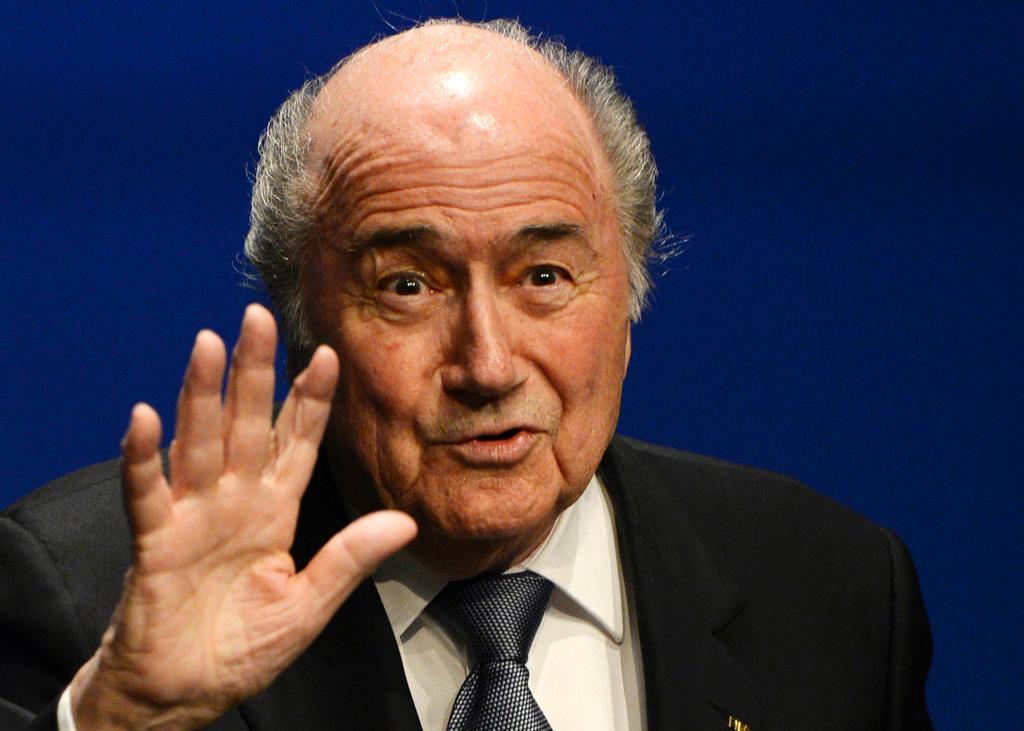
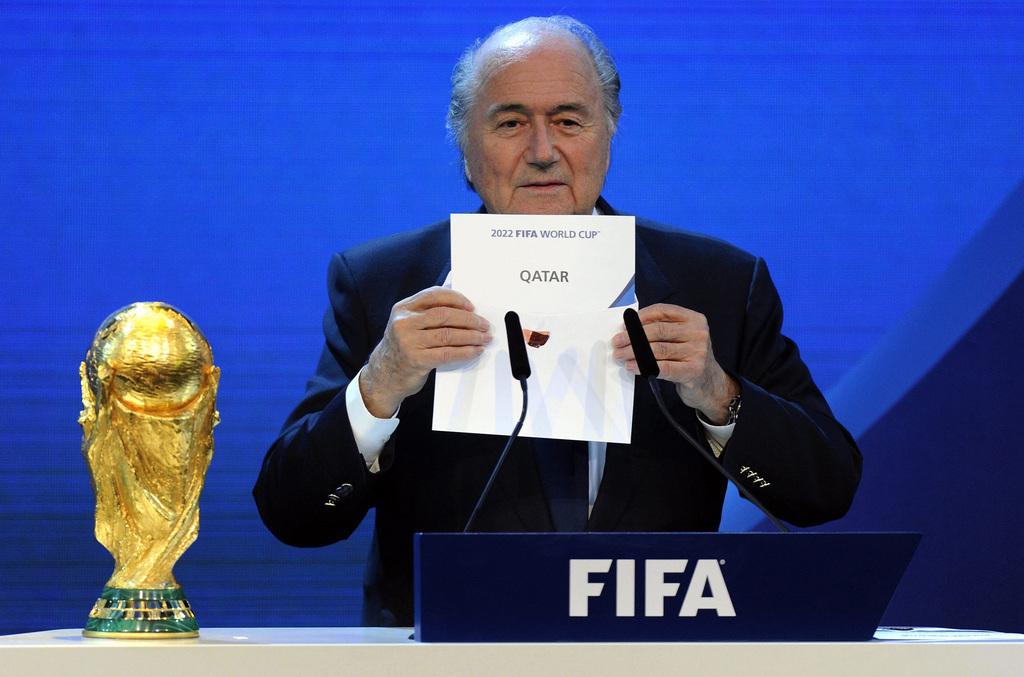
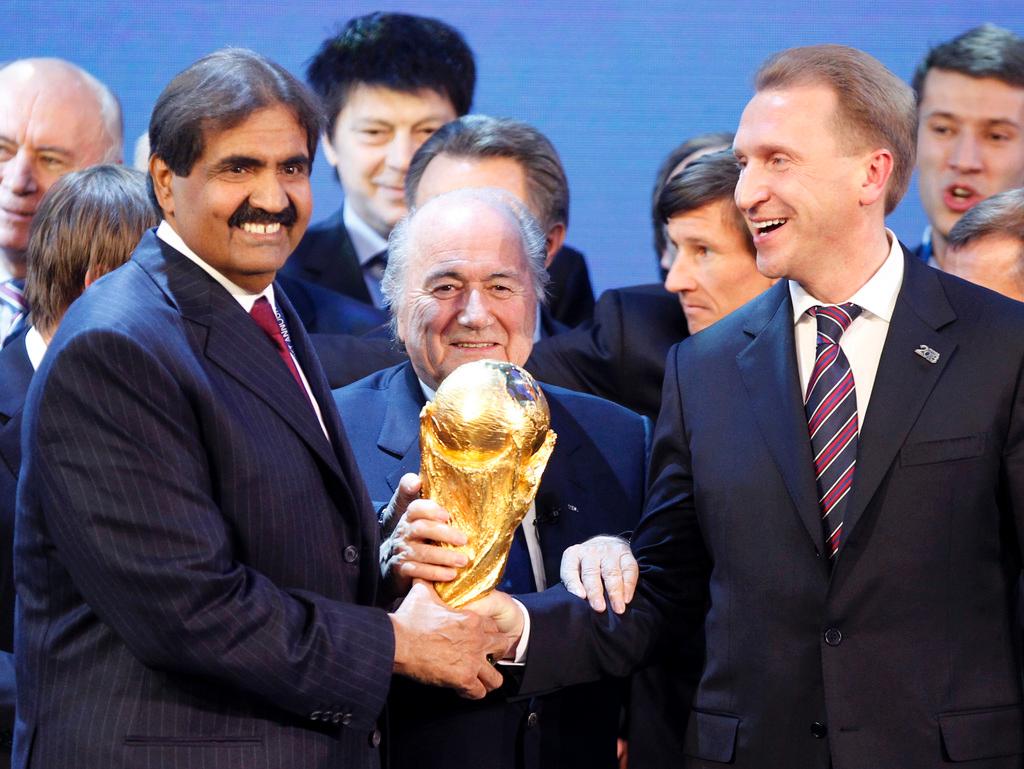
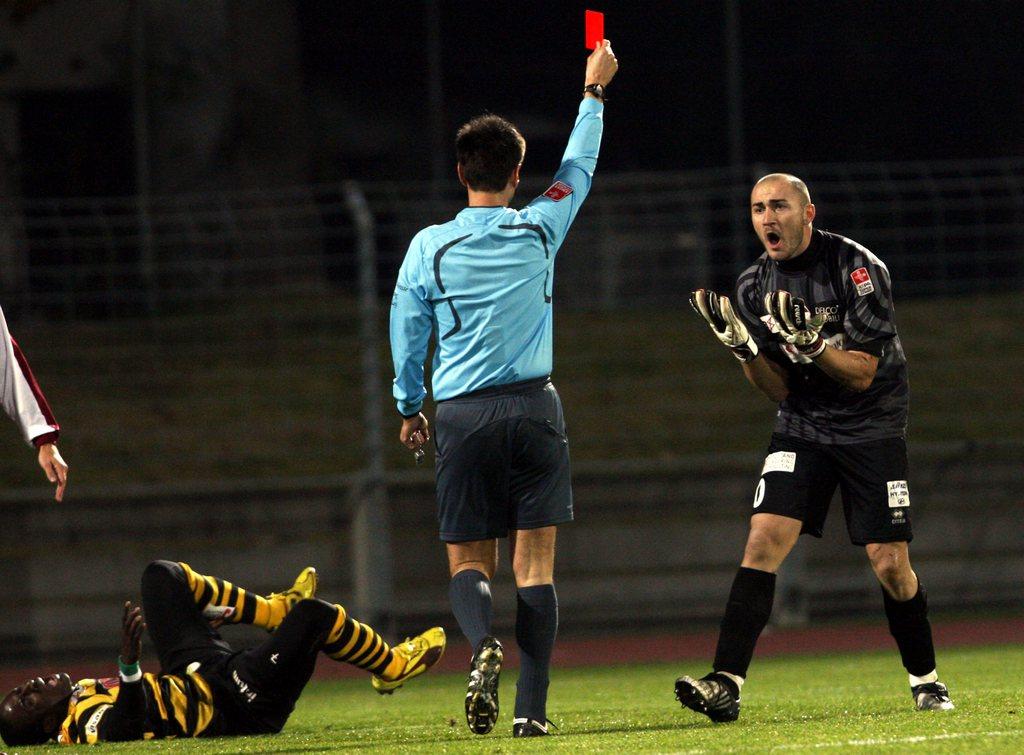
You can find an overview of ongoing debates with our journalists here. Please join us!
If you want to start a conversation about a topic raised in this article or want to report factual errors, email us at english@swissinfo.ch.